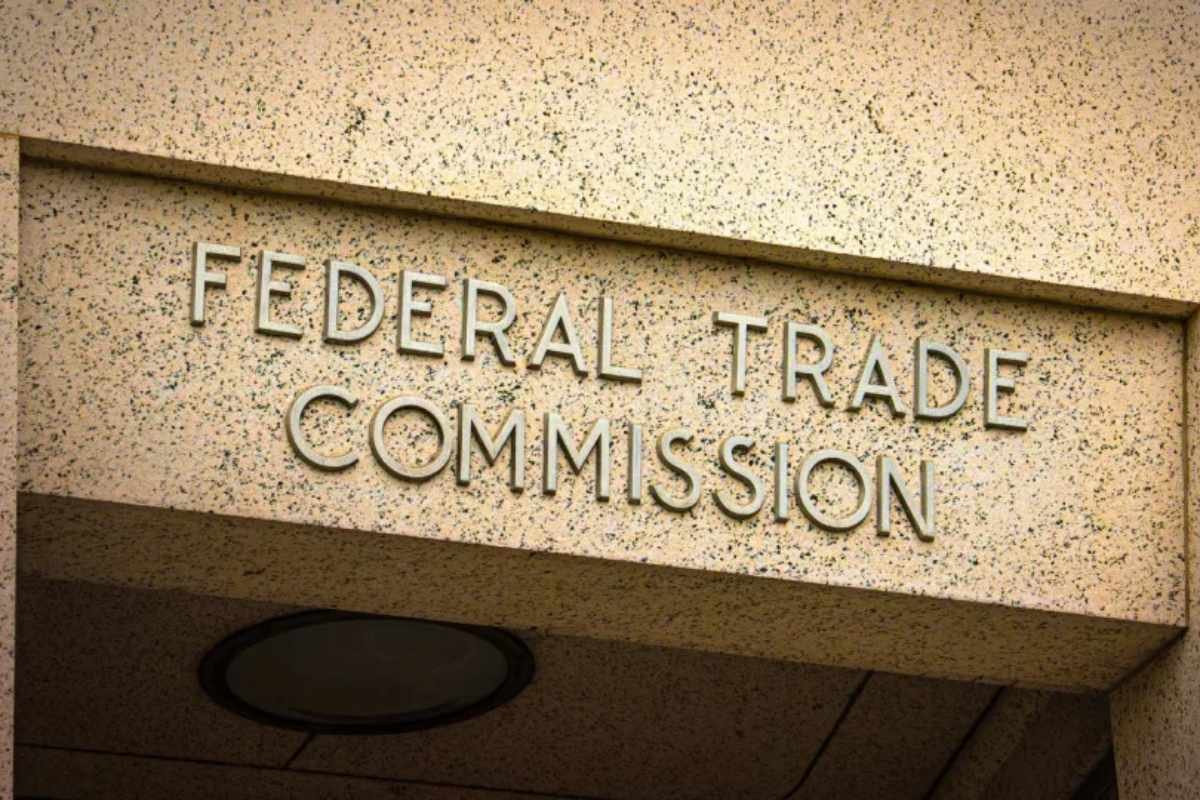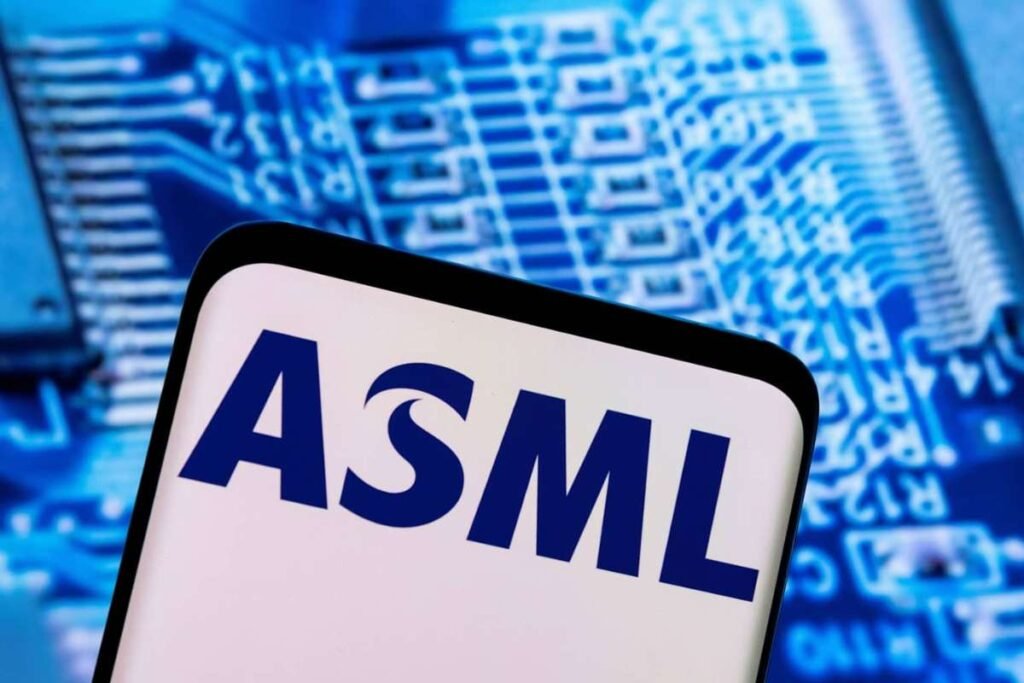The Federal Trade Commission (FTC) has taken legal action against three of the largest U.S. health companies that negotiate insulin prices, accusing them of inflating patient costs through profit-driven practices. The lawsuit targets pharmacy benefit managers (PBMs) Optum Rx, Caremark, and Express Scripts, which manage nearly 80% of U.S. prescriptions. The FTC files lawsuit alleges that these middlemen have artificially increased insulin prices by prioritizing drug rebates over patient affordability.
PBMs at the Center of the Insulin Pricing Dispute
The lawsuit, filed on Friday, marks a significant escalation in the FTC’s efforts to hold PBMs accountable. These companies are responsible for negotiating drug prices, creating formularies, and reimbursing pharmacies. The agency argues that Optum Rx, Caremark, and Express Scripts have created a “perverse” rebate system, prioritizing higher rebates from drug manufacturers. This practice allegedly leads to inflated list prices for insulin, despite more affordable options being available. The suit could eventually extend to drugmakers Eli Lilly, Sanofi, and Novo Nordisk for their role in driving up insulin costs.
As the FTC Files Lawsuit, it claims that the PBMs favor insulins with high list prices to maximize rebates, disregarding patient affordability. “Millions of Americans with diabetes need insulin to survive, yet for many of these vulnerable patients, their insulin drug costs have skyrocketed over the past decade thanks in part to powerful PBMs and their greed,” said Rahul Rao, deputy director of the FTC’s Bureau of Competition.
PBMs Respond to Allegations
The PBMs targeted in the lawsuit have responded with strong objections. A spokesperson for UnitedHealth Group’s Optum Rx argued that the suit “demonstrates a profound misunderstanding of how drug pricing works,” emphasizing that Optum Rx has successfully negotiated with drug manufacturers to lower costs. CVS Health’s Caremark defended its efforts to make insulin more affordable, rejecting the FTC’s claims as “simply wrong.” Meanwhile, Express Scripts criticized the suit as an “unsubstantiated and ideologically-driven attack,” pointing to a recent lawsuit the company filed against the FTC for defamation.
Insulin Manufacturers’ Role in Price Hikes
The FTC also expressed concern about insulin manufacturers’ pricing practices, noting that Eli Lilly, Sanofi, and Novo Nordisk control 90% of the U.S. insulin market. The agency cited Eli Lilly’s Humalog insulin, which saw a 1,200% price increase between 1999 and 2017. While the lawsuit does not directly target the drugmakers, it warns that their participation in rebate-driven pricing schemes raises “serious concerns.”
Eli Lilly, Sanofi, and Novo Nordisk have each taken steps to reduce insulin prices in recent years, capping monthly out-of-pocket costs at $35 for many patients and cutting list prices by up to 75%. However, the FTC files lawsuit, it remains critical of their role in the complex U.S. healthcare system.
Impact on Patients and the Push for Reform
Approximately 8 million Americans rely on insulin to manage their diabetes, with many forced to ration the life-saving drug due to high costs. The White House has not commented on the FTC’s lawsuit, but President Joe Biden’s administration has made reducing drug prices a priority. Biden’s Inflation Reduction Act has already capped insulin prices for Medicare beneficiaries, but the policy does not extend to those with private insurance.
The FTC’s lawsuit aims to reform the current rebate system, which it believes is harmful to consumers. “This action marks an important step in fixing a broken system,” Rao said, noting that the changes could extend beyond insulin and help reduce overall drug prices for Americans.










